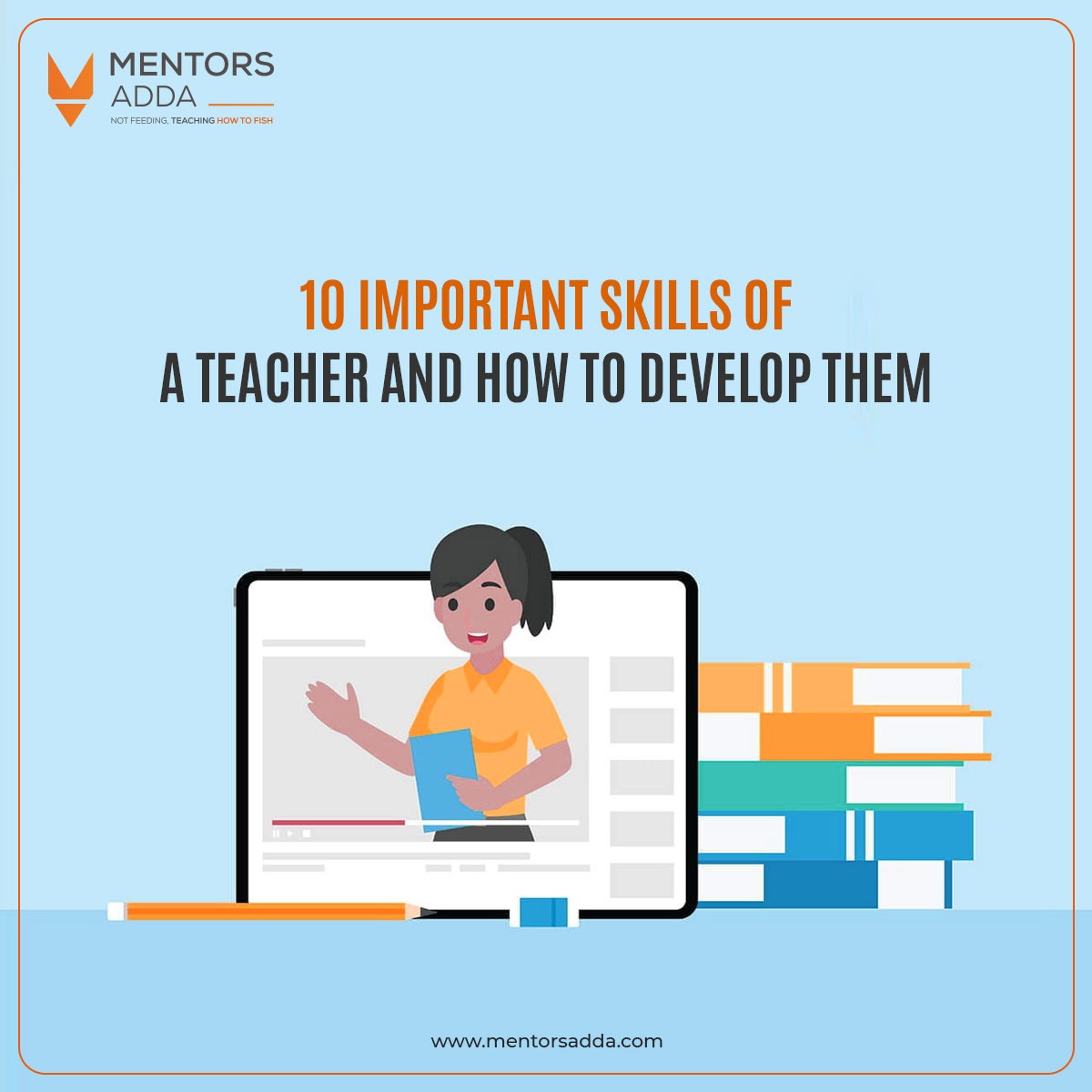
What does a Mentor do ?
A Mentor is a confided in counselor that offers backing to somebody who needs it (also known as a 'mentee').
Each tutoring relationship is unique - some keep going for quite a long time while some last one espresso date. A drawn out relationship might incorporate an arranged coaching program. A momentary relationship might include helping the mentee work through a particular issue.
For example, a drawn out relationship might incorporate booked gatherings where the guide shares their experience, information, and associations with the mentee.
What's more a transient relationship might be a discussion about the mentee's profession way.
What's more a transient relationship might be a discussion about the mentee's profession way.
Eventually, tutors share three things for all intents and purpose. They propel, move, and backing. They give mentees the instruments they need to accomplish their objectives and work through difficulties.
They can be a good example, voice of reason, or a confided in asset that helps mentees develop expertly.
They esteem conveying support such that sounds good to the mentee. What's more they generally remember the mentee's wellbeing.
Contingent upon the mentee's necessities, a Mentor:
Offers consolation during testing times
Gives self-improvement tips
Shares information and educational encounters
Examines objective setting and desires
Prompts on proficient turn of events
Distinguishes and gives assets.
Upholds the mentee's excursion toward progress
Types of Mentors
There are various sorts of tutors and coaching meetings, each with their own arrangement of abilities and techniques.
In this segment, we'll cover the three fundamental kinds of tutors: profession guides, peer coaches, and life tutors.
Career Mentors
A Career Mentor fills in as a lifelong guide and supporter. They guide mentees on vocation objectives and assist them with managing profession advances.
Profession guides are typically seniors to their mentees at a similar organization, however they can likewise work at an alternate organization.
For example, the coach may be a director, and the mentee may be a representative at a similar organization. Or on the other hand the guide may be a provincial chief, and the mentee may be a region administrator.
Peer Mentors
A friend guide regularly extends on-the-employment opportunity preparing for new representatives at their organization. The objective is to help mentees subside into their new positions and accelerate the expectation to absorb information.
Peer guides center around showing work methodology and occupation abilities and extending employment opportunity assets.
Life Mentors
A day to day existence tutor utilizes their own previous experience to energize and uphold their mentee.
Life coaches can be experts or ordinary individuals, similar to family, companions, associates, and neighbors.
They might offer vocation support, self-improvement support, or both.
Note: if a mentee needs vocation support, a daily existence guide shouldn't supplant a friend or profession tutor. In any case, a day to day existence guide can likewise be significant for granting profession insight.
How to become Mentor : 4 Skills you need
In this part, we'll go north of four abilities you really want to turn into a powerful tutor.
1. Experience in the erea you are mentoring soemone
You can't be a compelling guide on the off chance that you don't have insight in the specialized topic your mentee needs. For example, if your mentee is considering turning into a medical caretaker, it presumably checks out for you to have nursing experience.
2. The capacity to educate at a singular level
To turn into a guide, you really want initiative abilities. You should have the option to redo your way to deal with the particular individual you're coaching.
You should have the option to peruse an individual to check whether a showing approach is working or not. What's more you really want to know how to course-right and adjust when required.
3. The desire to help someone reach their potential
An extraordinary guide needs to see their mentee arrive at taking off statures. They need them to satisfy their objectives and carry on with their fullest life. They need them to feel strengthen
4. Communication Skills
Each guide needs legitimate relational abilities to have a fruitful coach mentee relationship. It's the best way to talk about how to foster the mentee's way ahead.
Why is being a Mentor Important?
Mentors comprehend the burdens and fears that accompany new vocations and difficulties. Since they've been down a similar street previously, they can direct someone else through the excursion.
Being a tutor is likewise significant in light of the fact that it:
1. Shapes future Ideas
Giving direction and preparing to new workers is vital for molding future pioneers. Mentees may one day be in significant position positions. With the right preparation, they'll have the option to flourish in their influential positions.
2. Reinforces your initiative abilities
Perhaps the most effective way to be a superior chief is to rehearse. At the point when you have a mentee under the care of you, you'll get that opportunity. Over the long haul and your mentorship experience and association increments, so will your initiative abilities.
3. Shows you new abilities
There could be no more excellent method for learning than to educate. Showing assists you with fortifying the illustrations you've as of now educated. It additionally assists you with acquiring new abilities you might not have had. For example, you might figure out how to be a superior audience and communicator.
4. Helps increment the mentees' certainty
There's nothing similar to seeing your mentee bar with certainty. Figuring out how to arrive at objectives helps give mentees a certainty support.
How to Mentor someone: 6 Mentoring tips
The following are six ways to be a decent Mentor to assist with kicking you off:
1. Get lucidity on what the mentee needs
Asking the mentee inquiries is the initial step to acquiring clearness regarding what they need. Whenever you pose inquiries, you're uncovering what their identity and examples they have. Then, at that point, you can utilize their responses to direct them on their way to self-disclosure.
You ought to likewise instruct the mentee to ask themselves inquiries. Also to utilize their own understanding to answer them well. Thusly, they'll have the instruments they should be autonomous and fruitful.
Here are a few instances of inquiries you can pose:
How change treat need to find in the following three months, year, and five years?
What are your vocation objectives?
What are your own objectives?
How treat believe is keeping you away from arriving at your objectives?
2. Big Degree
After you've posed a few essential inquiries, it's an ideal opportunity to burrow somewhat more profound with testing questions.
The objective is to uncover why they feel or accept a specific way with the goal that you know how to help them. This likewise assists you with finding assuming that any detours may hinder their prosperity.
Here are a few instances of testing inquiries to pose:
What caused you to settle on this profession move?
How could you choose which objectives to have?
For what reason do you suppose ___ is keeping you away from arriving at your objectives?
What are you generally terrified of and why?
3. Conceptualize thoughts
Whenever you've posed an adequate number of inquiries to comprehend your mentee's central goal, it's an ideal opportunity to conceptualize thoughts. This is an incredible chance to conceptualize thoughts together to co-make the mentee's future.
For example, suppose the mentee needs to change vocations however is uncertain what way to take. You can lead an activity together to assist them with observing their fantasy profession.
Or then again suppose they need to be an expert craftsman yet don't have the foggiest idea what medium to pick. As an accomplished craftsman, you can assist them with conceptualizing the advantages and disadvantages of various mediums.
4. Share stories
Sharing stories is an extraordinary method for delineating a thought or example. Stories show the mentee that you get what they're going through. They likewise assist you fabricate a special interaction with the mentee.
For example, suppose your mentee is attempting to coexist with their supervisor. You can share a tale regarding how you battled with a past supervisor and how you traversed it.
5. Make an arrangement
Whenever you've become acquainted with the mentee well, make an activity arrangement to assist them with arriving at their objectives.
Would they like to be a legal counselor? Make training and vocation objectives. Then, at that point, talk about temporary position prospects.
Might it be said that they are a fresh recruit at your organization? Make a preparation plan. Then, at that point, have them shadow another representative.
6. Acquaint them with your organization
An incredible method for aiding a mentee help their profession is by acquainting them with your organization. This isn't needed, yet it very well may be compensating for both of you.
Assuming that you're ready, consider being selective with who you acquaint them with. Also ensure you get authorization from the two players ahead of time.
For example, suppose your mentee is attempting to settle on being a monetary counsel and a credit official. While it could be enticing to acquaint them with everyone, have a go at focusing on individuals in those two fields.
Then, at that point, give the mentee space to foster those connections over the long haul.
Note: while systems administration, make a point to mentor your mentee on building long haul connections.
How to be good Mentor
here are four ereas to focus on to become a good Mentor;
1. Offer productive analysis
Offering productive analysis is crucial for aiding your mentee progress toward their objectives.
While doing this:
Try to primary point out something positive
Draw on your own encounters to show compassion and comprehension
Offer them direction to work on their work
Here is a model:
"Incredible work settling that client's anxiety today. We could've lost her if not for you. A couple of years prior, I had a furious client as well. It took me surprisingly long to tackle his concern, however he left cheerful. I saw exactly the same thing happened to you. To assist accelerate the interaction sometime later, move the client to the goal with teaming. They'll take care of her concern faster so you can zero in on more significant assignments."
2. Have sympathy
Seeing how your mentee feels is indispensable to associating with them on a more profound level. This additionally assists you with choosing the best way to deal with use while directing them.
For example, if the mentee is feeling overpowered, you'll know to approach it slowly and carefully. Assuming they're feeling animated, you'll realize they can deal with a touch more.
3. Put the obligation in the mentee's hands
As a coach, your responsibility is to direct and motivate - not accomplish the work for them.
In the wake of displaying how to follow through with a job, ask the mentee to check it out. Then, at that point, do likewise with the following assignment. Do this until the mentee has found the opportunity to rehearse every vital undertaking.
You can likewise give your mentee 'schoolwork' so they can keep rehearsing when you're nowhere to be found. Assuming that you relegate schoolwork, try to go over their work with them when you see them once more.
For example, suppose you're coaching a prospective client assistance chief. You could give them a rundown of recreated client assistance issues. Their schoolwork could be recording the way in which they'd deal with each issue.
4. Know how to impart and tune in
A guide mentee relationship can't make due without solid correspondence and tuning in.
Your main undertaking as a guide is to be in the traveler's seat. You're there to tune in, give criticism, and guide. You're not there to drive or control the vehicle.
To rehearse this, attention on undivided attention. When your mentee raises a worry, approve their sentiments. Then, at that point, search for an answer.
Here is a model:
Mentee: "I can't choose medications school and graduate school. Both sound charming, however I simply don't know which one to pick."
Coach: "I hear you. Settling on a vocation way can be testing. Could we go through the following week conceptualizing the upsides and downsides of each side?"
Being a Mentor is a compensating venture assuming you have the right apparatuses to help your mentees succeed.
Comments (0)
Categories
Recent posts


Relational abilities for Workplace ...
2021/11/29
What is the importance of network ...
2022/01/21
How to be a Mentor :4 ways to change ...
2022/02/06


